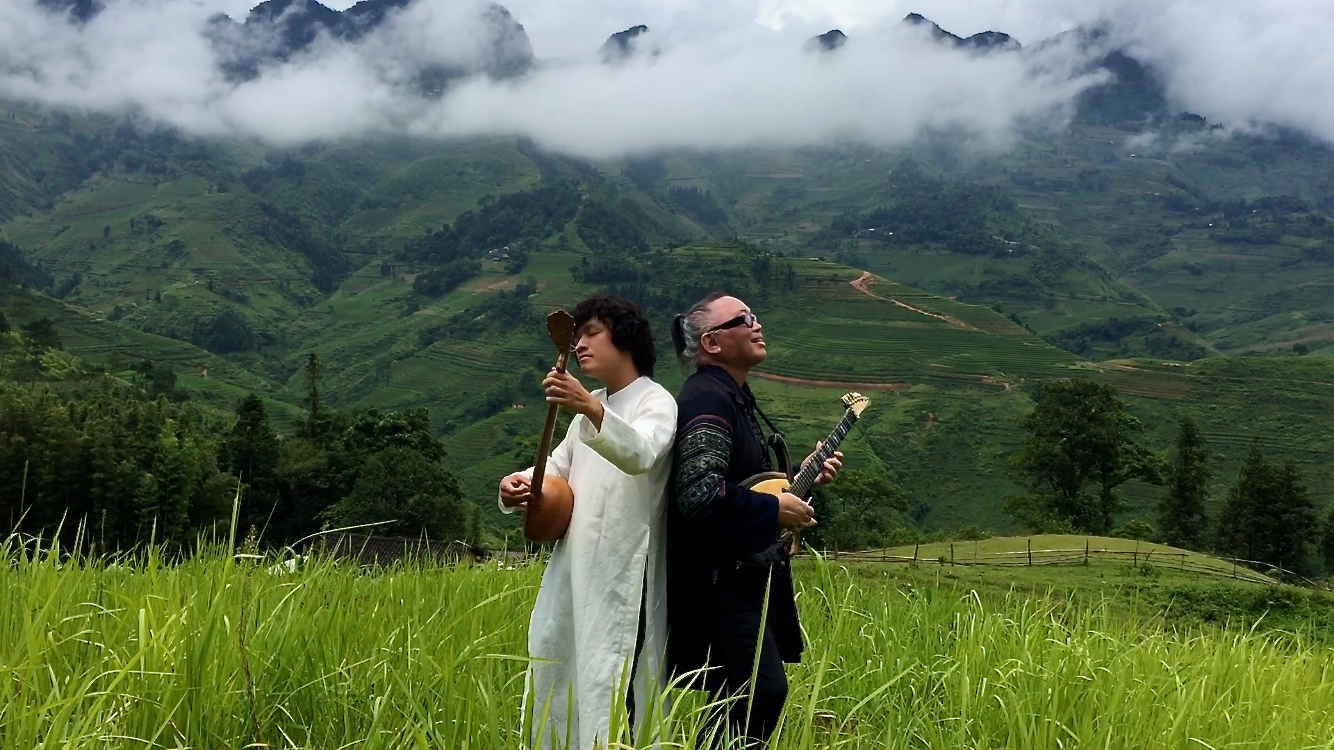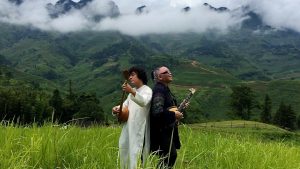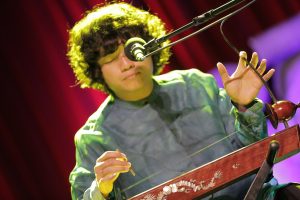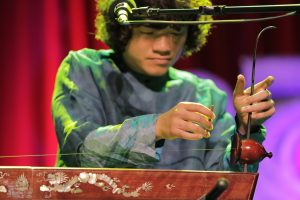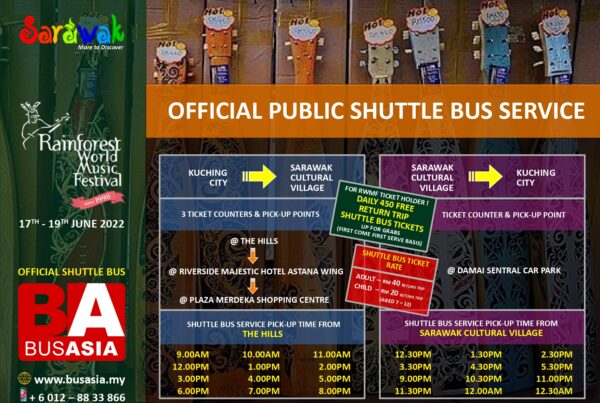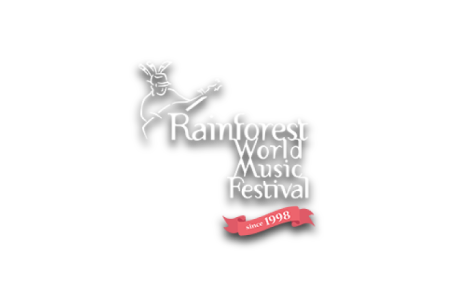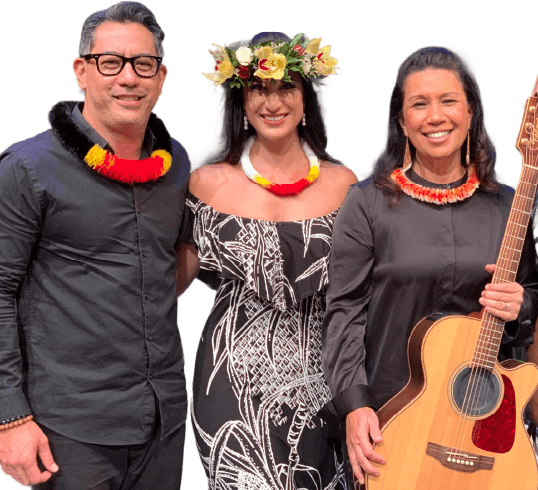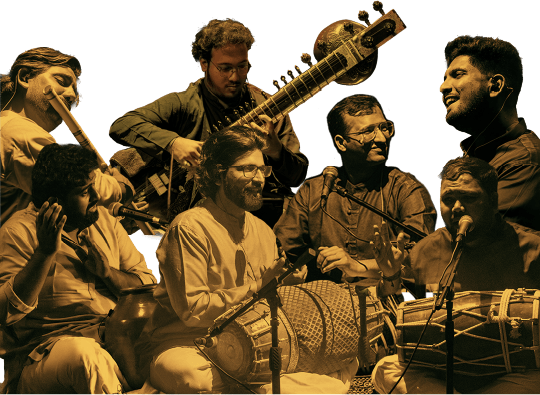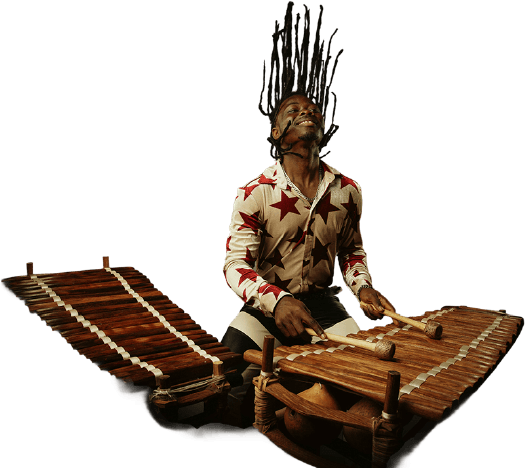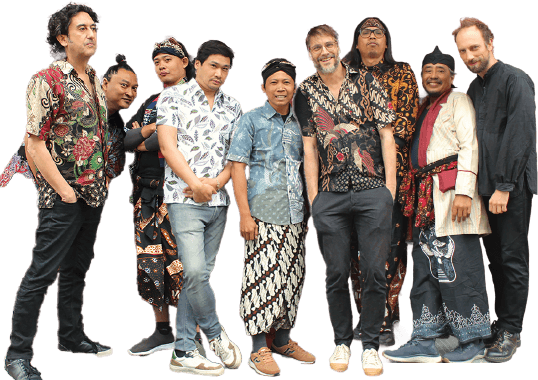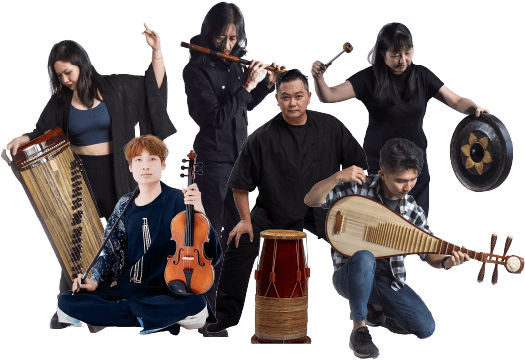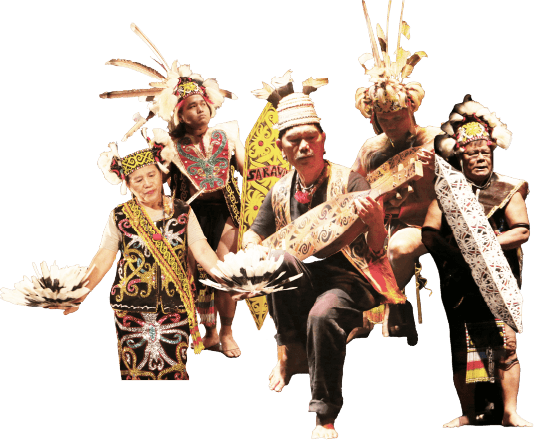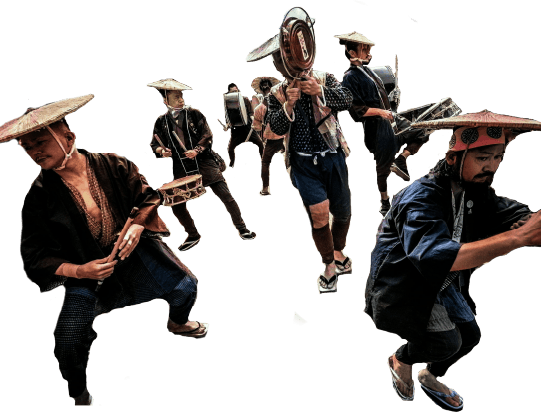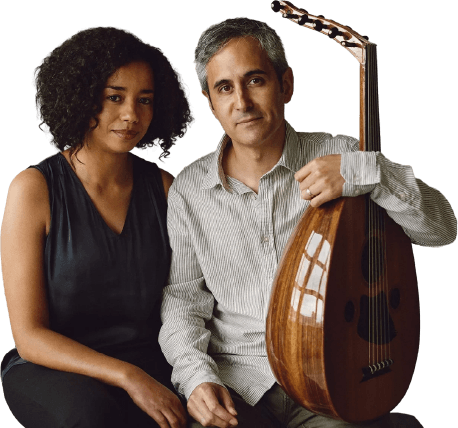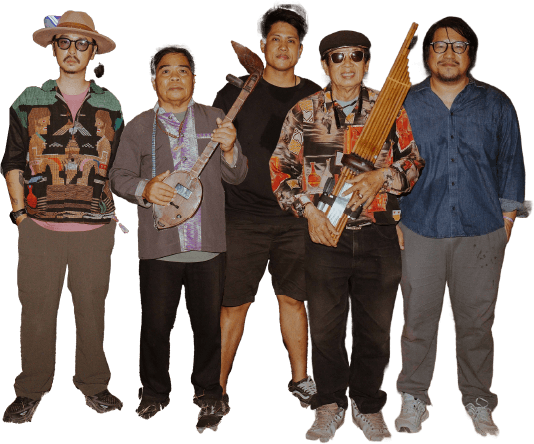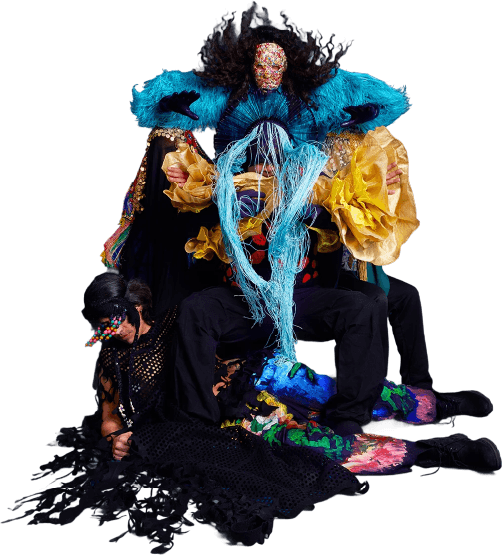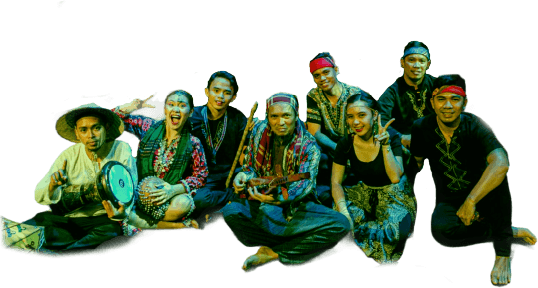Rainforest World Music Festival (Sarawak, July 2019)
By Chris Lambie
On trips across Vietnam in 2012 and 2103, I was surprised to hear very little traditional music. The closest I came – outside Ha Noi’s Water Puppet Theatre – was a shared picnic with locals in the countryside. Men in the group sang popular ditties with increasing verve as the rice wine flowed over a hot pot lunch of freshly plucked chook and veg. I found one CD to purchase, featuring traditional Vietnamese instruments at Saigon museum. A single duo played in a dark alcove in the streets of Hoi An. I asked guitar maestro Nguyen Le of Ha Noi Duo about this during his appearance at a recent Borneo festival.
Audiences at the 22nd edition of Sarawak’s Rainforest World Music Festival relished performances by veteran Nguyen Le (renowned for his jazz chops) with young singer and multi-instrumentalist Ngo Hong Quang. Marrying ancient and modern influences, they showcased the moving strains of đàn gáo (2-stringed fiddle), monocorde, lute & đàn moi (jaw harp). Between the traditional sounds, intricate jazz-flavoured and trans-global rhythms filled the cultural village theatre via world class guitar licks.
But the echoes of the old world are dangerously close to extinction today. Le laments the government’s lack of support for preservation of Vietnam’s music culture. It is not taught in schools. Young people listen to radio stations awash with westernised K-Pop and V-Pop. Ha Noi’s Việt Nam National Academy of Music now strives to attract young musicians into the practice of chamber music using traditional instruments. But regional specialities are at risk of disappearing along with elder practitioners. Festivals such a ‘Rainforest’ are a vital outlet for timeless forms of music and dance to be shared among curious music lovers.
Among this year’s standout were acts telling stories of slave trade origins of their craft. Moroccan guembri (lute) player Mehdi Nassouli and his quartet of percussionists brought beaming smiles and joyous dance moves to the stage. Yet we learned that the design of their clapping ‘bells’ was shaped from the leg irons once worn by their forefathers. Captivating vocalist Linzi Backbotte fronting Sega band Mauravann (Mauritius) demonstrated the sway and step born of shackled feet. The ring of the triangle replaced field workers machetes struck together.
There were plenty of surprises in concerts and mini sessions. Raw emotion rang through the family harmonies of WAI from Aotearoa (NZ). Their eleven year old cajon player mixed it up with some seriously funky rapping. Having lost all fingers of one hand as an infant, Madagascar’s Rajery is now known as Master of the stringed Valiha.
In a ‘Rainforest’ first, vegan Rasta Macka B (Jamaica/UK) dropped a righteous reggae vibe into the jungle. And the crowd went wild. On exquisite erhu, China’s Guo Gan returned to the event after a duet appearance in 2018. This time around he joined The Violins Of The World (from Sweden, France and Mongolia).
Following in the path of popular cross-tribal locals At Adau, numerous upcoming young groups were given the chance to entertain the 23,000+ attendees over three days.
The 2019 line-up included acts from eight cultures never before represented at RWMF: Nagaland (Northern India), Bhutan, Canary Islands, Mauritius, West Kalimantan Dayaks, Jamaica, Estonia and the Ainu culture of Japan. The rhythms and scales were as diverse as they seemed strangely familiar. I heard ‘the blues’ in local Sarawakian tribal chants and Moroccan strings. Celtic folk in Maori lullabies. Polynesian beats accompanying dance moves from Rapa Nui/Chile. Zydeco fever by way of Cape Verde. Seems like a small world after all.
Read more : https://rhythms.com.au/rainforest-festval/




